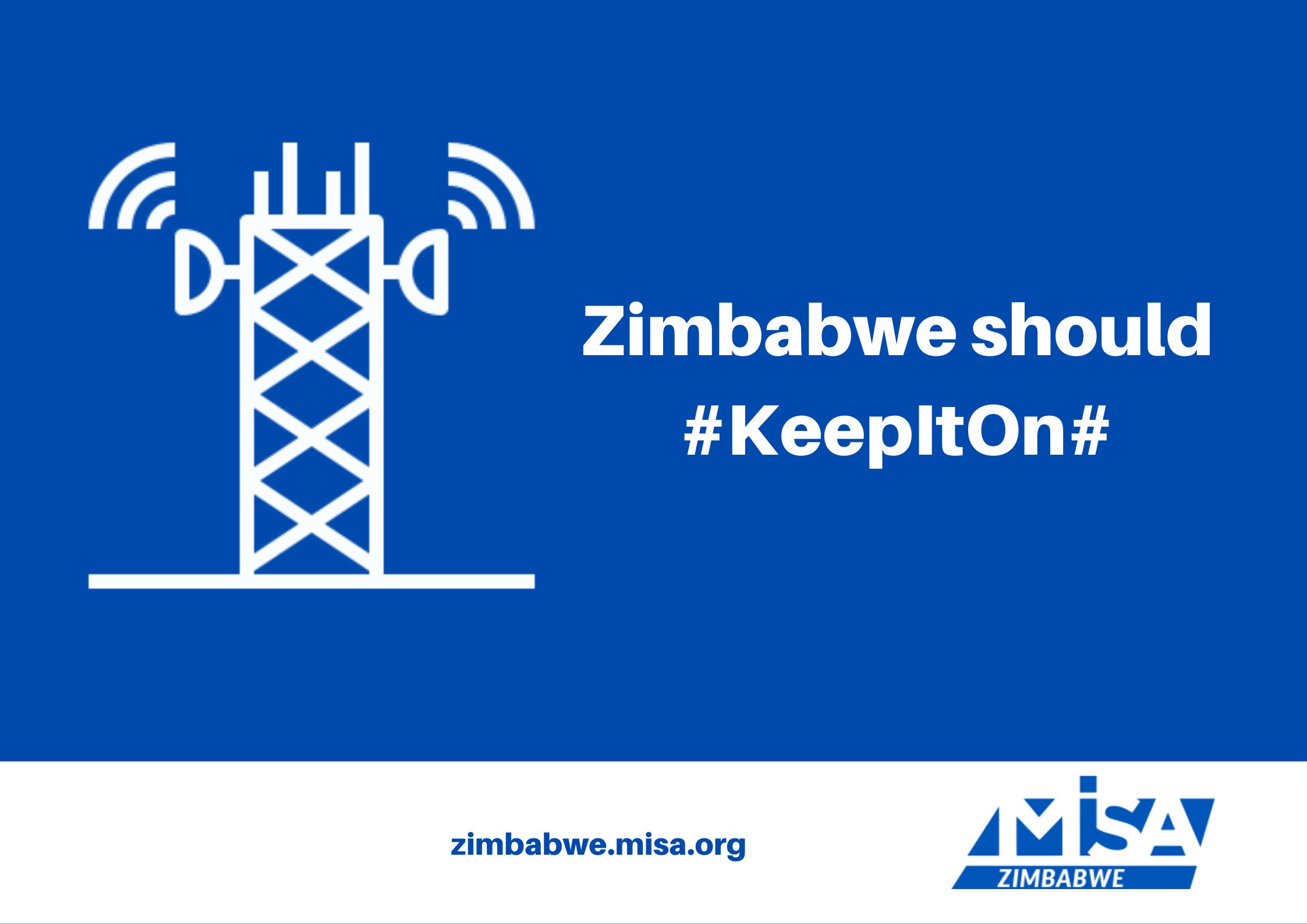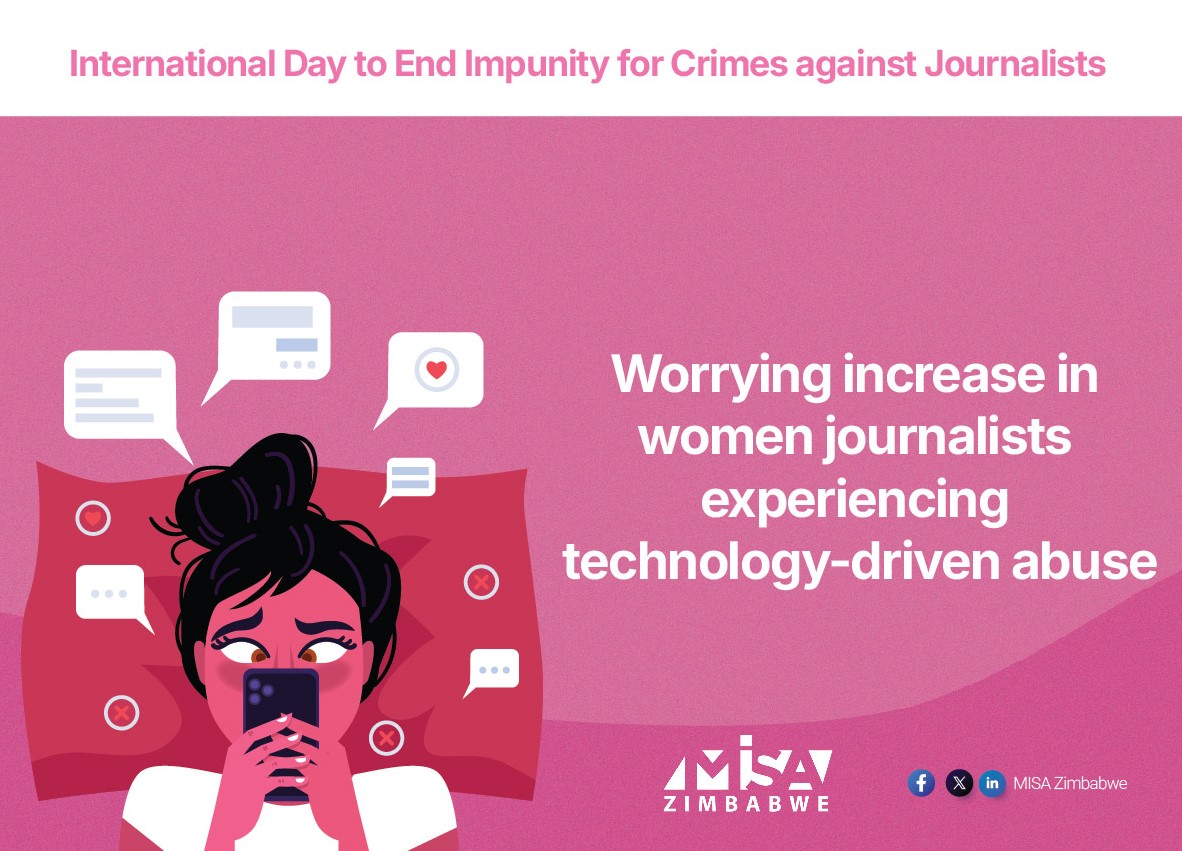By Nompilo Simanje
Internet shutdowns have become a common trend in Africa, especially during elections, protests or other conflicts.
In Southern Africa, many countries have a history of internet shutdowns including Zimbabwe, Zambia, Lesotho, Eswatini, Democratic Republic of Congo and Tanzania.
At the recently concluded Internet Governance Forum in Addis Ababa, Ethiopia, from 28 November to 2 December 2022, several conversations were held on the need to promote internet access and openness of the internet.
These included the following sessions accessible on YouTube:
- Help! The Kill switch is taking away my limited agency
- Safeguarding human rights with a free and open internet
- The impact of internet shutdowns on refugees and host communities
This clearly indicates how internet shutdowns have become an issue of concern across the region, creating an urgent need for sensitisation and awareness raising on the impact of internet shutdowns on civil, political and socio-economic rights and also on industries which include agriculture, health, education, retail, financial services, tourism and transport, among others.
At a High Level Dialogue at the IGF, a question was posed on whether governments resort to internet shutdowns in time of conflict due to their limited capacity to handle the conflict.
Zimbabwe was represented by the Minister of Information, Publicity and Broadcasting Services, Senator Monica Mutsvangwa who highlighted that:
“There is a need to maintain connectivity and free access at all times but balancing the right of the population to digital access with the right of the population to safety and peace.”
She also further indicated that:
“Shutdowns during conflicts could be attempts by governments across the world to prevent the use of digital platforms and social media to spread propaganda and fake news, which may result in more bloodshed, loss of life and even genocide.”
This statement raises several key issues which include the legality or illegality of internet shutdowns, the approaches to tackling disinformation and also the attempts by governments to regulate access to information.
This is particularly concerning because Zimbabwe is already in election season, building up to the 2023 elections, during which the possibility of internet shutdowns or throttling is highly likely given the experiences elsewhere in the region.
Principle 6b of the 2011 Joint Declaration on Freedom of Expression and the internet is very clear that ‘Cutting off access to the Internet, or parts of the Internet, for whole populations or segments of the public (shutting down the Internet) can never be justified, including on public order or national security grounds. The same applies to slow-downs imposed on the Internet or parts of the Internet.’
Principle 38 (2) of the Revised Declaration of Principles on Freedom of Expressions also notes that:
“States shall not engage in or condone any disruption of access to the internet and other digital technologies for segments of the public or an entire population.”
This therefore highlights that conflict and national security cannot be relied on as justifiable reasons for imposing internet shutdowns.
Contrary to the hypothesis that internet shutdowns help to protect people in times of conflict, it has been noted that instead, they perpetuate threats to physical security, as people will have no means for communicating and raising awareness.
In addition, cognisance should be taken on the influence and day-to-day impact of the internet, including the following civil, political and socio-economic rights, espoused in the Zimbabwean Constitution that are negatively affected by internet shutdowns:
- Right to personal security.
- Freedom of assembly and association.
- Freedom to demonstrate and petition.
- Freedom of expression and freedom of the media.
- Access to information.
- Political rights.
- Right to education.
- Right to health care.
- Right to food and water.
Further, Netblocks also developed a Cost of Shutdown tool which shows the economic impact of internet shutdowns. In January 2019, when the Zimbabwean government illegally imposed an internet shutdown, it is recorded that Zimbabwe lost at least USD5.7 million per day.
It should also be noted that neither criminalising the publishing of falsehoods or imposing internet shutdowns are reasonable, justifiable and proportionate mechanisms to curb the spread of disinformation. This is a position supported in regional and international instruments and standards and also a position that was discussed at a recent workshop on rights based approaches to tackling disinformation hosted by the Centre for Human Rights and MISA Zimbabwe.
In light of the above, it is critical that the government should be more focused on promoting universal access to all including through the following globally promoted interventions:
- Improving information and communication technology and internet infrastructure for universal coverage.
- Establishing mechanisms for regulating market competition to support lower pricing and encourage diversity.
- Promoting local access initiatives such as community networks for enabling the increased connection of marginalised, unserved or underserved communities.
- Put in place regulatory mechanisms – which could include pricing regimes, universal service requirements and licensing agreements – that foster greater access to the Internet, including for the poor and in ‘last mile’ rural areas.
- Promote adequate awareness on how to use the Internet and the benefits it can bring, especially among the poor, children and the elderly, and isolated rural populations.
- Put in place special measures to ensure equitable access to the Internet for people with disabilities and for disadvantaged persons.
Nompilo Simanje is MISA Zimbabwe’s Legal and ICT Policy Officer.













